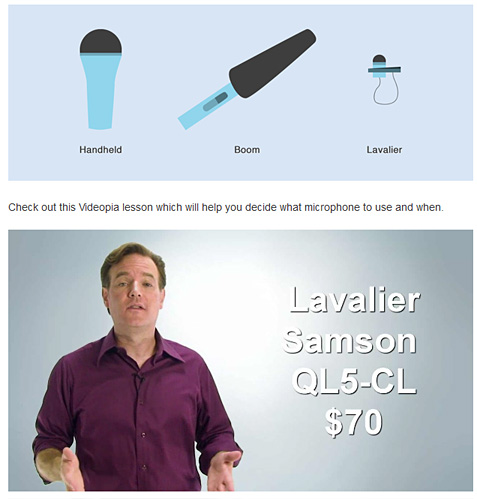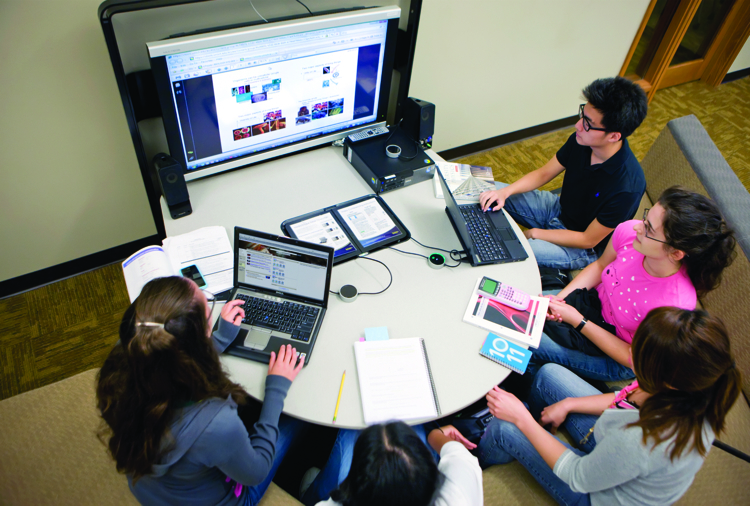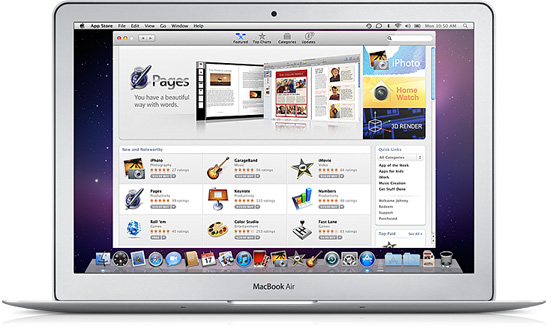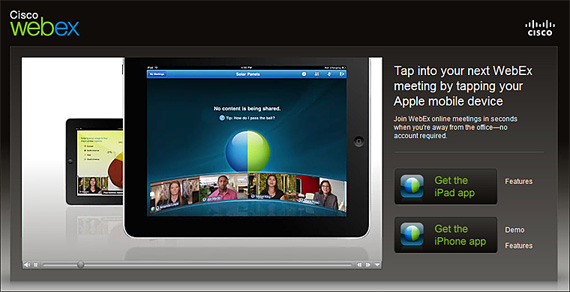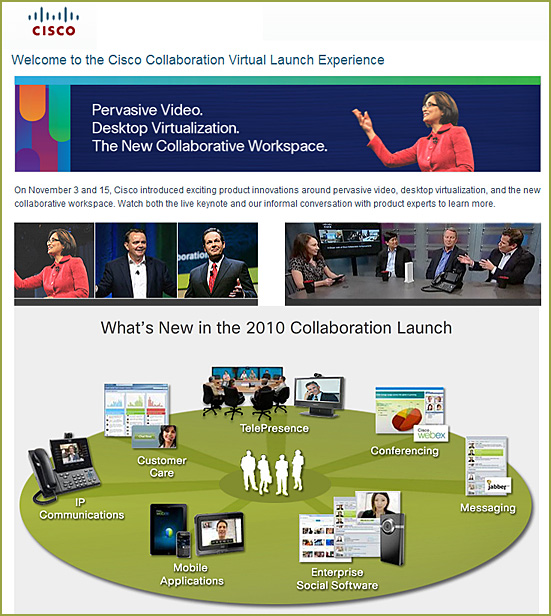Google to build education software marketplace — from The Huffington Post
which links to:
Google pushes education software through app store — from BusinessWeek.com
— originally from Lynn Marentette’s Interactive Multimedia Technology blog
Capturing good sound — from Vimeo.com by Matt Schwarz
Any filmmaker today will agree that capturing sound correctly is just as important as capturing the image itself. Sound can make or break a professional or amateur production, so making sure you know your way around a microphone can’t hurt. So let’s go over some basic ways to capture sound and take your video to the next level of awesomeness we all know it can be!
.
“Flipboard, named the iPad app of the year by Apple, displays information, pictures, updates, blurbs and videos from your Twitter and Facebook accounts in a beautifully designed, magazine-like format that you can flip through with the swipe of a finger.”
— from 10 Popular iPad Apps for 2011 [thestreet.com by Olivia Oran]
Related articles/items:
- Introducing the Mac App Store — from Apple.com
The App Store brings a world of possibilities to iPhone, iPod touch, and iPad. It’s about to do the same for your Mac. - Apple to “Revolutionize” Desktop Apps January 6 — Minyanville.com
If you enjoy downloading iPhone apps from a proprietary online marketplace, you’re about to get a heap of joy on your MacBook. After being previewed in October’s Back to the Mac event, the Mac App Store will finally go live next year, January 6. Debuting in 90 countries, the shop will have a similar look and feel to the mobile App Store designed for iOS devices. However, unlike the mobile apps, the availability of desktop apps won’t be limited to the Mac App Store. - Apple to Open Digital Store for Mac Computer Apps — from Bloomberg.com
Apple Inc. will open a digital storefront next month that will try to do for computer software what it did for music and mobile applications.
An e-Learning Tool Revolution — from Allen Interactions by Ethan Edwards, chief instructional strategist
Allen Interactions had a highly visible presence at the [DevLearn 2010] conference, announcing the official Private Beta Program for a new authoring system, currently under development and code-named Zebra.
…
The experience of using it has really illustrated for me in a fresh way why current authoring systems always fall so short. The challenge of designing instruction for computer delivery is how to craft an experience that engages the learner and creates unique opportunities for that learner to solve challenges. Instructional interactivity is at the core of this design process. Ideally, an authoring tool ought to put the designer at the center of manipulating interactivity.
…
What is so exciting to me about the possibilities that Zebra suggests is that for the first time in my recollection designers will be able to directly and easily manipulate those design elements that define instructional interactivity–Context, Challenge, Activity, and Feedback–in a seamless design environment. Of course, we’re just beginning this journey and there is much unknown about the significance that Zebra might have, but for the first time in a long time, I feel optimistic about authoring potential, which has been rather stalled in its tracks for almost 15 years. I can imagine this dramatically increasing the influence that instructional designers can have in the overall creating of outstanding e-learning applications.
Google rolls out Chrome app store, other updates — from CNN.com by Doug Gross
- What is the New Workspace? — from Cisco by John Gaudin
Take wikis, videos, phone calls, document sharing, same time editing, application sharing, messaging, conferencing, workflow, think of all aspects of your work and imagine it digital and integrated with any other tool you’d use, accessed from any device regardless of operation system and location. Is your workspace really the device you’re on, or is it what that device ultimately connects into and enables you to do?
Google Voice app finally approved for iPhone — from usatoday.com
What’s new in Adobe Illustrator CS5 – [Terry White’s] Complete Walkthrough — from Terry White











